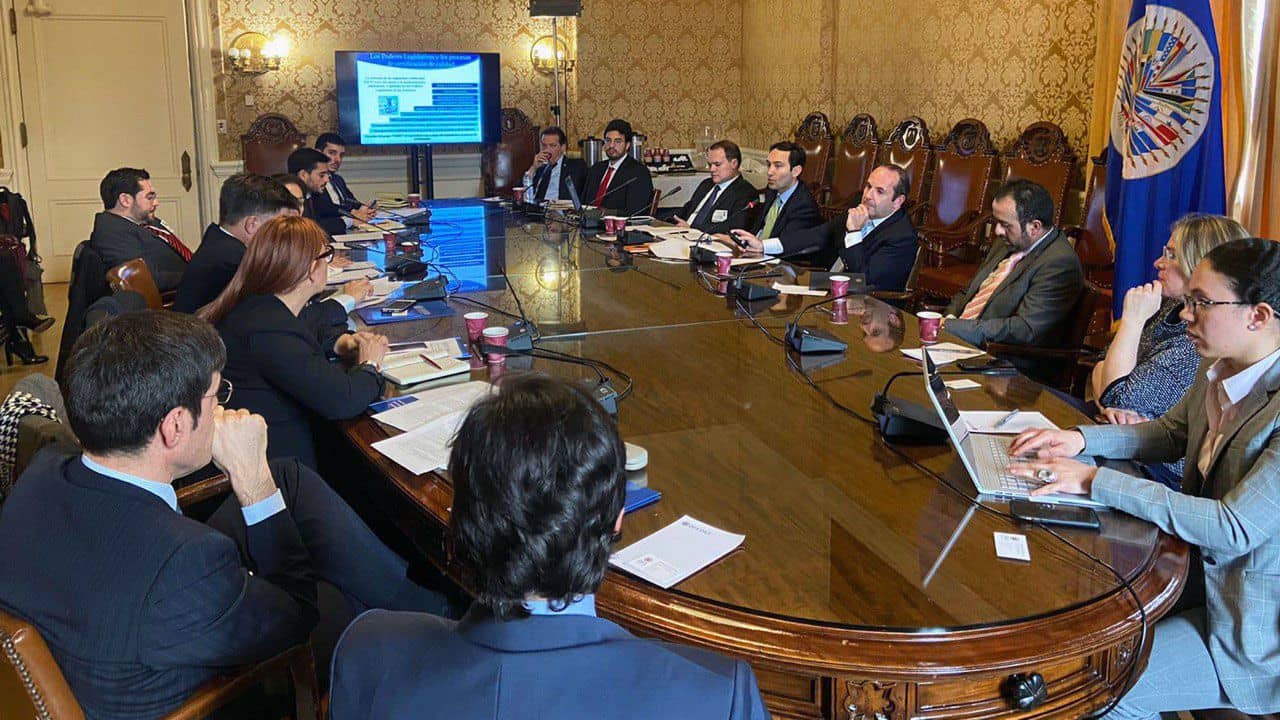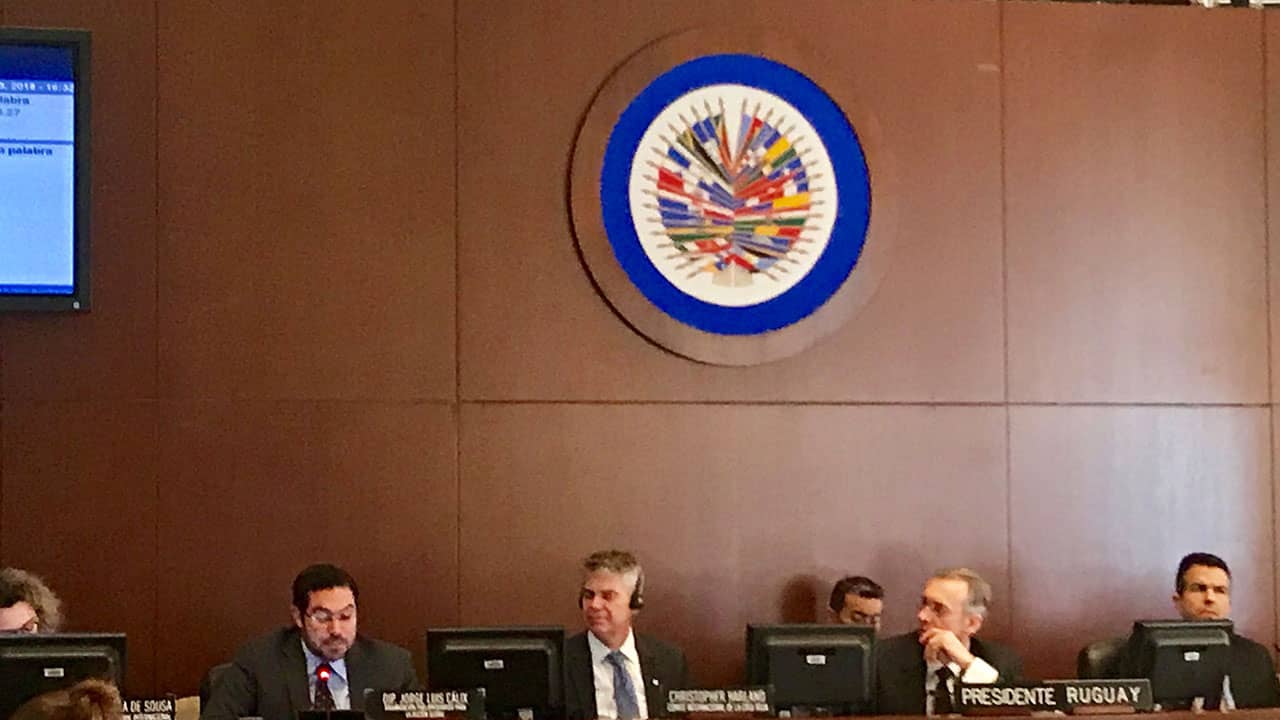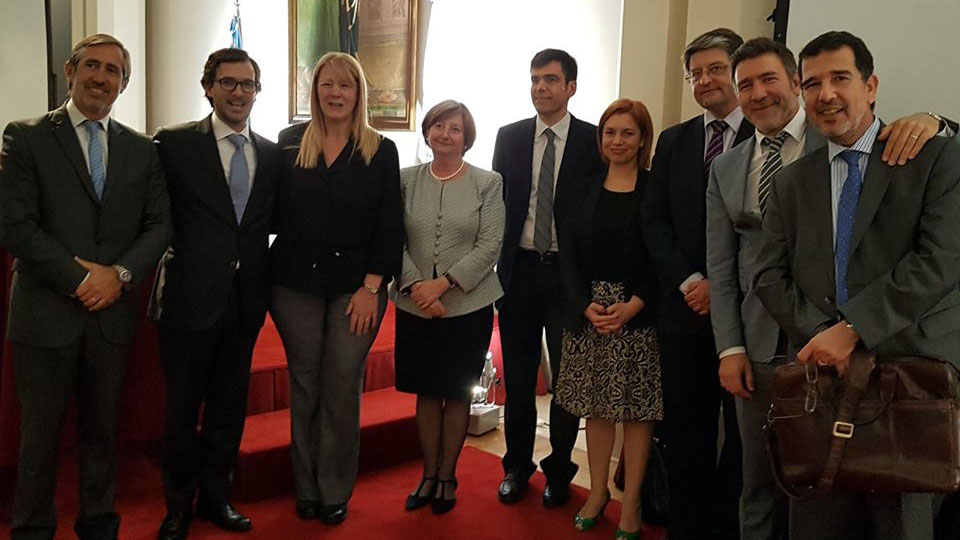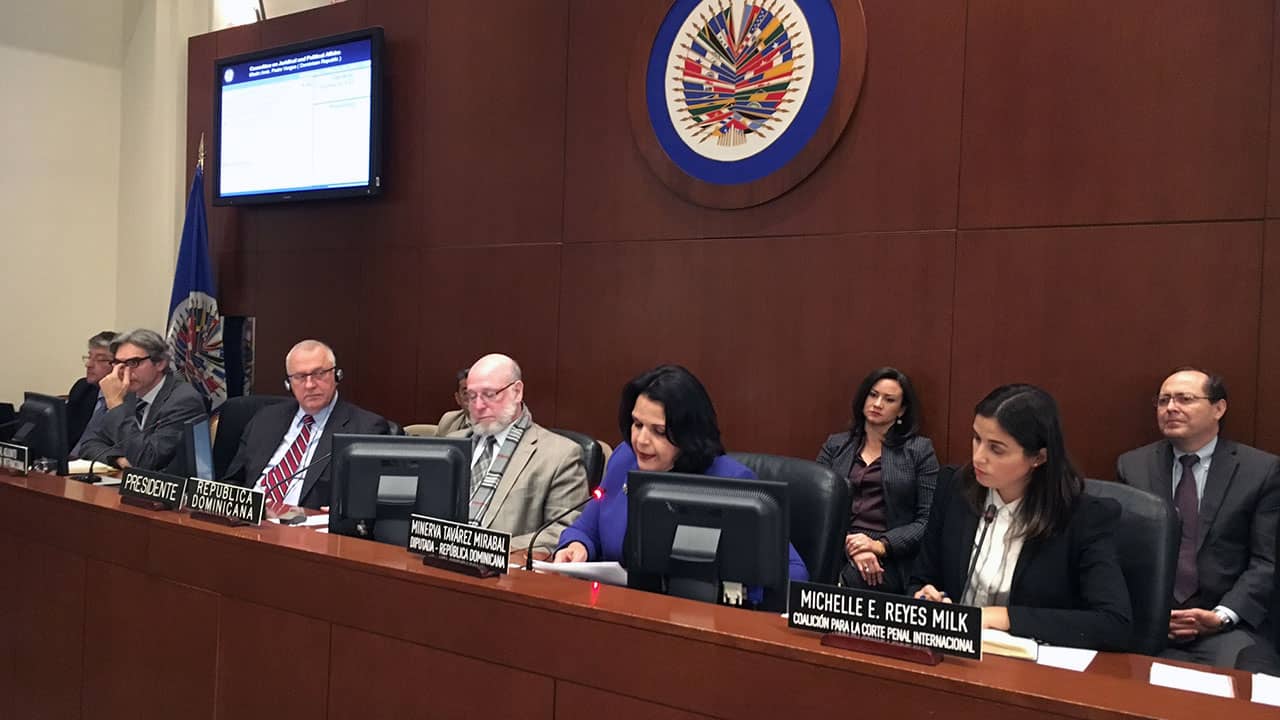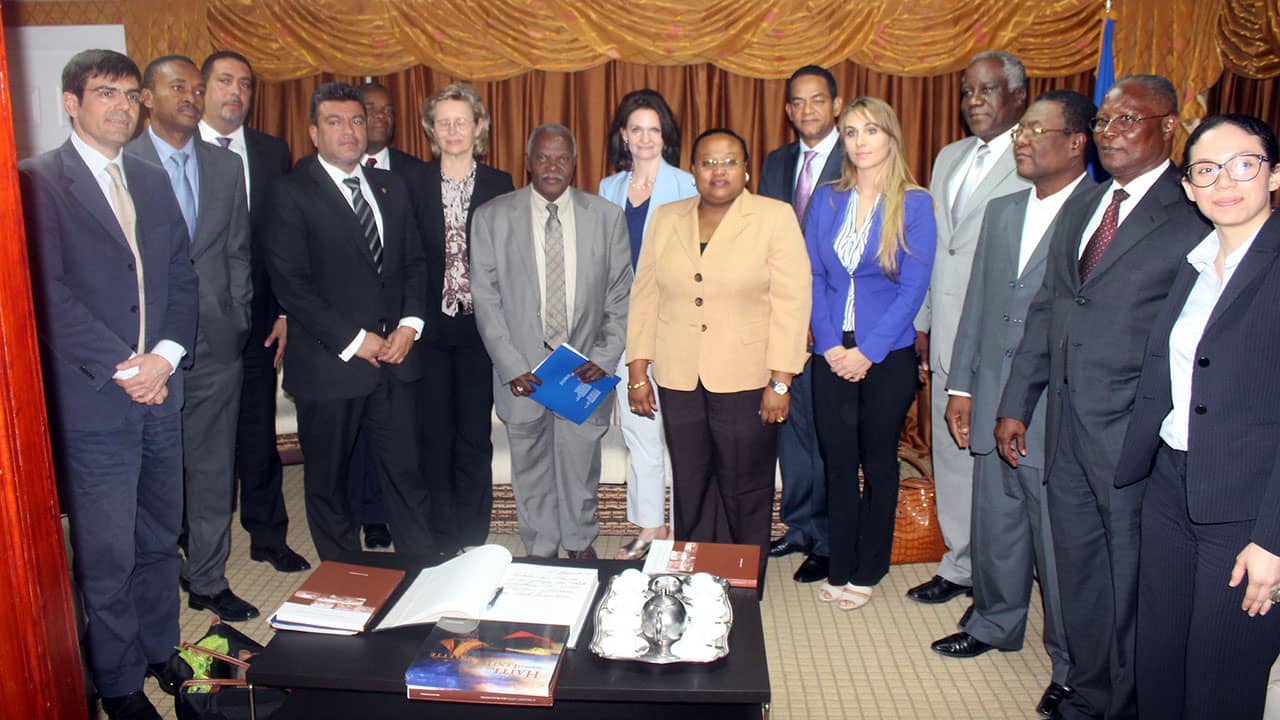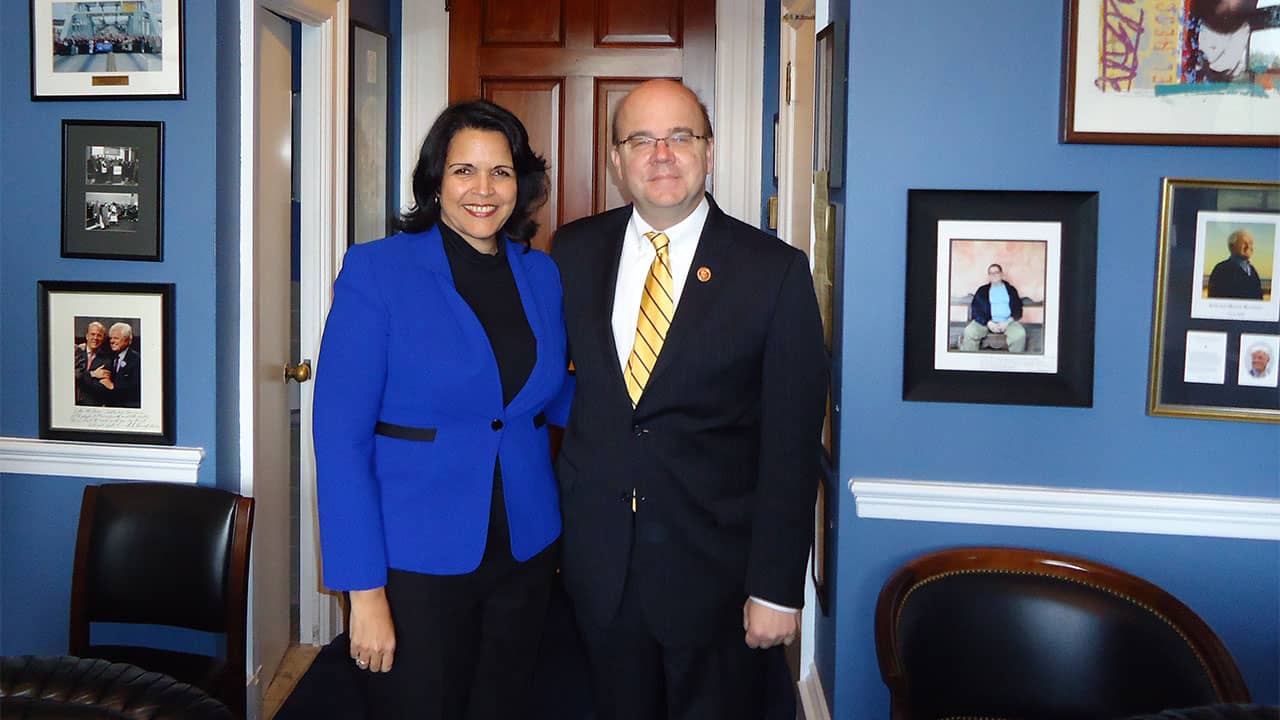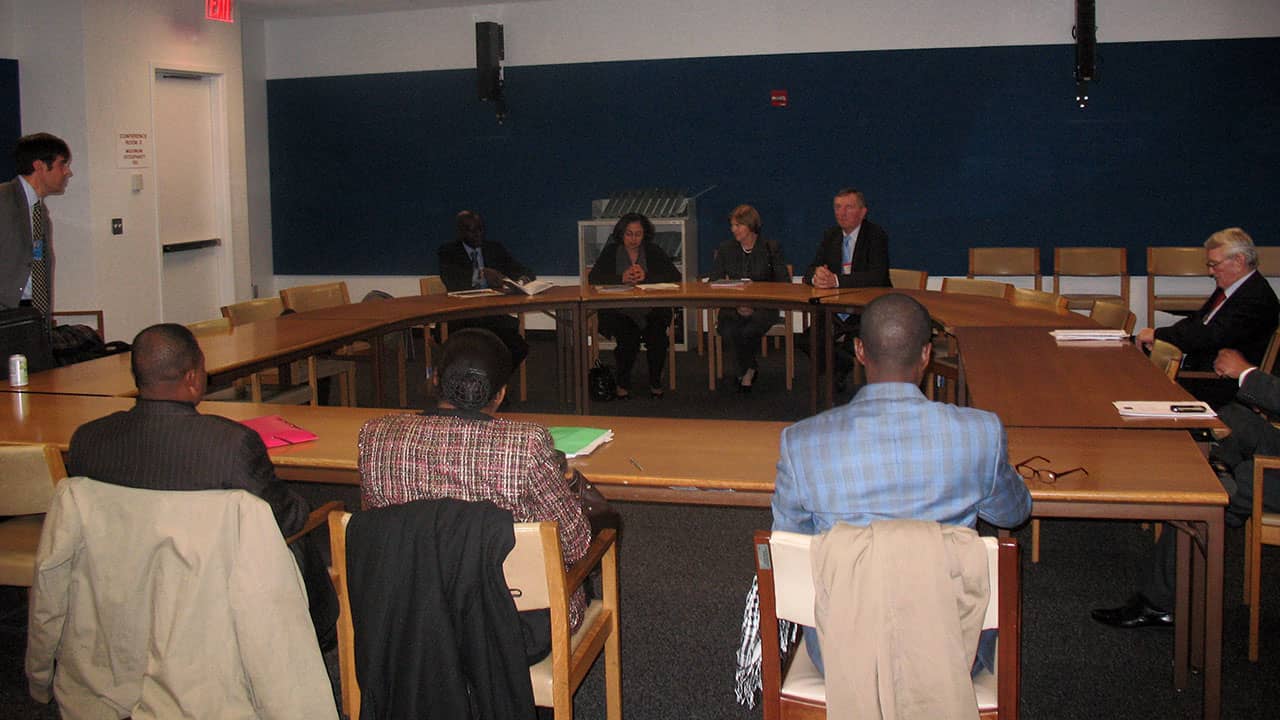PGA has worked with Parliamentarians from Haiti since 2007 promoting the fight against impunity for the most serious crimes, and currently promoting ratification and domestic implementation of the Rome Statute.
Rome Statute
Haiti signed the Rome Statute on 26 February 1999. Haiti has not yet ratified the Rome Statute. However, during the United Nations General Assembly High Level Meeting on the Rule of Law held in New York on 24 September 2012, Haiti's Prime Minister Lamothe made a specific statement committing publicly to the ratification of the Rome Statute of the ICC as well as other treaties that would strengthen the Rule of Law in Haiti. International cooperation against international and transnational crimes is a political priority for the Republic of Haiti.
Kampala Amendments of 2010
Haiti has not ratified the Kampala Amendments.
Status on the domestic implementation of the Rome Statute
Haiti has not enacted domestic implementing legislation of the Rome Statute.
Agreement on Privileges and Immunities of the Court (APIC)
Haiti has not signed the Agreement on Privileges and Immunities.
Additional Agreements
Haiti signed a Bilateral Agreement on Non-Surrender agreement with the US in 2004.
Progress in Action
Haiti’s ratification of the Rome Statute would send a strong signal of the country’s commitment for the promotion of human rights and the fight against impunity, in continuity of the historical leadership of Haiti in those fields.
On 12-13 March 2015, PGA conducted consultations in Haiti in order to promote the country’s ratification of the Rome Statute. PGA received firm statements of commitment, in particular from the President of the Court of Cassation, who emphasized that the fight against impunity was a fundamental priority of Haiti and that the country should ratify the Rome Statute as soon as the new Parliament is sitting in a plenary capacity. The Minister of Foreign Affairs and the Minister of Justice affirmed the support of the Executive for such ratification, as did other Haitian stakeholders who emphasized the need for international cooperation to assist the ratification process of the Rome Statute.
The PGA delegation of Hon. Dr. Pindi Chana, MP Tanzania and Chair of PGA’s International Council; Ms. Margareta Cederfelt, MP Sweden, and PGA Treasurer; Sen. Julio César Valentin, Dominican Republic; Dip. Rony Monge, Costa Rica, PGA Secretary-General Dr. David Donat Cattin; PGA Assistant Secretary-General Jennifer McCarthy; ILHR Program Officer Romina Morello; and ILHR Program Intern Ms. Melissa Verpile met with representatives of the legislative, executive, and judicial powers of Haiti as well as with members of political parties, civil society, and the diplomatic community. This mission took place at a crucial moment, ahead of the parliamentary elections scheduled for May 2015.
The mission aimed to reinvigorate the political will to fight against impunity for the most serious crimes of international concern in the future, address key concepts inter alia the non-retroactivity of the Rome Statute, the independence of the ICC, the principle of complementarity, and the participation of and reparations for victims. Additionally, the mission allowed for the sharing of experiences of other countries on ratification of the Rome Statute. PGA’s Parliamentary Delegation underlined the necessity of a universal system of international justice, in particular a Latin America and Caribbean region free from impunity and to have the presence of Haiti in this system of the ICC for a better cooperation network and a more effective ICC.
On the 24 of September 2012, the Prime Minister of Haiti made pledges towards accession to the Rome Statute on the occasion of the High Level Meeting on the Rule of Law at national and international levels at the UN General Assembly. (Report of the Bureau on the Plan of action for achieving universality and full implementation of the Rome Statute of the International Criminal Court, page 4 paragraph 19).
In October 2008 PGA received a large multi parte and high level delegation from Haiti’s Parliament to attend PGA´s Fifth Consultative Assembly of Parliamentarians for the ICC and the Rule of Law in Santo Domingo.
Human Rights Council Universal Periodic Review
Haiti received no Rome Statute related recommendations in 1st cycle.
They will be reviewed on the 26th session of the 2ND cycle, possibly on the 25 July 2016.
Additional Relevant Information
On 23 June 2000 Haiti signed ACP-EU Cotonou Agreement, which contains a clause in support of ratification, domestic implementation and effective cooperation of ACP-EU countries with the ICC.

